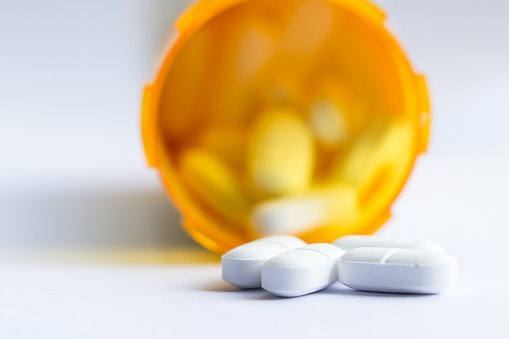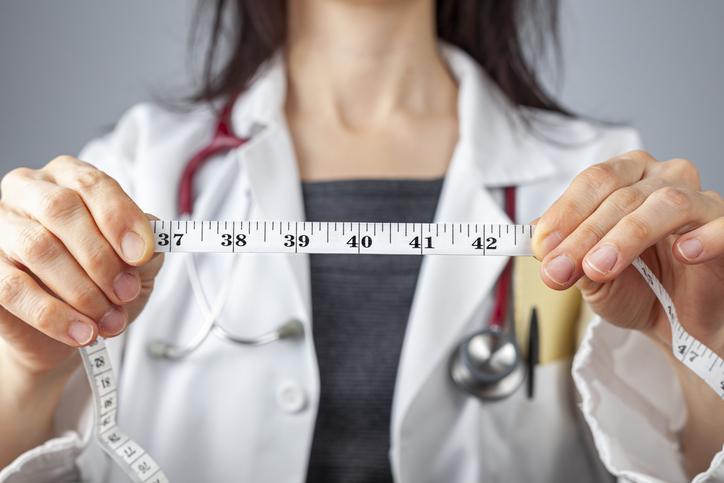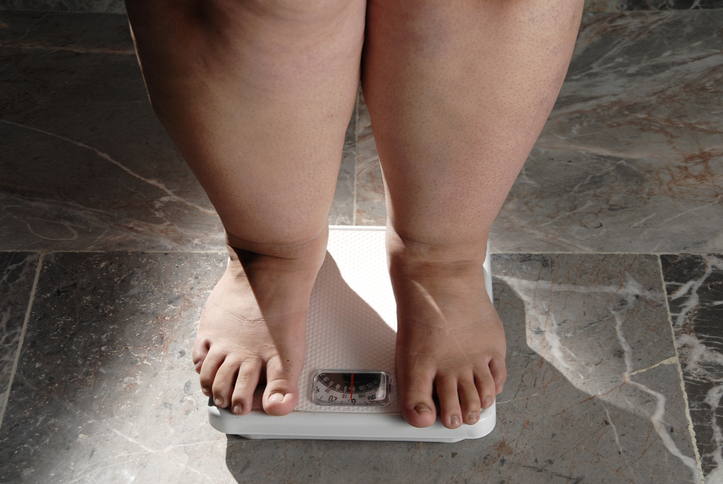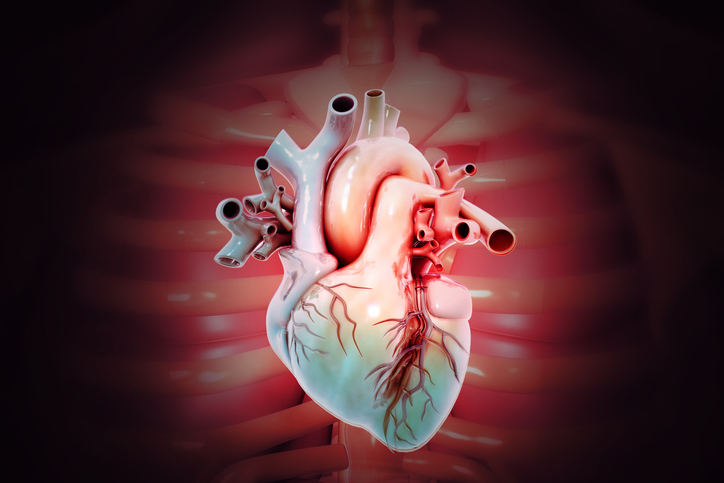
A new analysis in JAMA Cardiology suggests that some patients who have undergone cardiac surgery go on to develop a new dependence on prescription opioids after the procedure.
Citing the widely-publicized overuse of prescription opioids for the management of acute pain seen in the last several years, the researchers sought to determine the proportion of opioid-naive patients who went on to develop prescription opioid dependence after the procedure, as well as look at the amount of opioids prescribed and any potential relationships in those who developed dependence. The retrospective cohort study, drawing on a national administrative claims database, included nearly 36,000 individuals who underwent coronary artery bypass graft (CABG; 71.7%) and heart valve procedures (28.3%). All patient were naive at 180 days prior to the index procedure. Patients also had filled an prescription within 14 days following surgery. The primary study outcome was the proportion of opioid-naive patients who developed persistent use within 90 to 180 days post-procedure.
9.6% of all #cardiacsurgery patients had new persistent opioid use within 90-180 days. Strategies are need to limit post-op opioid use. https://t.co/Qesfzrl0D3
— JAMA Cardiology (@JAMACardio) June 18, 2020
According to the results, persistent use of opioids post-surgery occurred in 2,609 patients who underwent CABG (10.2%) and in 821 valve surgery patients (8.1%; P=0.001). While the researchers reported that the likelihood of developing dependence decreased among heart valve patients, they also reported in increase in risk for women, those younger in age, those with preoperative congestive heart failure, patients with chronic lung disease, those with diabetes, those with kidney failure, those with chronic pain, and those with alcoholism. The likelihood also increased in patients who took benzodiazepines and muscle relaxants. Patients who were prescribed oral morphine equivalent at discharge also had a significantly increased risk for developing dependence on prescribed opioids compared with those with lower opioid prescriptions.
“Opioids are used extensively after cardiothoracic surgery and nearly one of 10 patients will continue to use opioids over 90 days after surgery,” the authors wrote. “Furthermore, higher oral morphine equivalents prescribed at discharge were significantly associated with developing persistent use. Centers must adopt protocols to increase patient education and limit opioid prescriptions after discharge.”
Our recent publication on correlation between amount of opioids prescribed after cardiac surgery and risk for persistent opioid use. Multimodal analgesic strategies for postoperative pain are critical! @NimeshDesaiMD @PennLDI @pennsurgery @STS_CTsurgery https://t.co/v8EPsOr6HR
— Chase Brown, MD (@ChaseBrown_MD) June 18, 2020
https://twitter.com/paulsaundersMD/status/1273587606102708225
Worryingly, 1 in 10 patients may develop #opioid dependance after #cardiacsurgery . I presume after median sternotomy , surely case for lesser incision or even use of plate fixation. Steel wire cerclage repeatedlyshown to be inefficient. https://t.co/Wj6o3g3Zep
— Norman Briffa MD 📣 🇲🇹🇬🇧🇺🇦 (@Chestcracker) June 18, 2020







 © 2025 Mashup Media, LLC, a Formedics Property. All Rights Reserved.
© 2025 Mashup Media, LLC, a Formedics Property. All Rights Reserved.